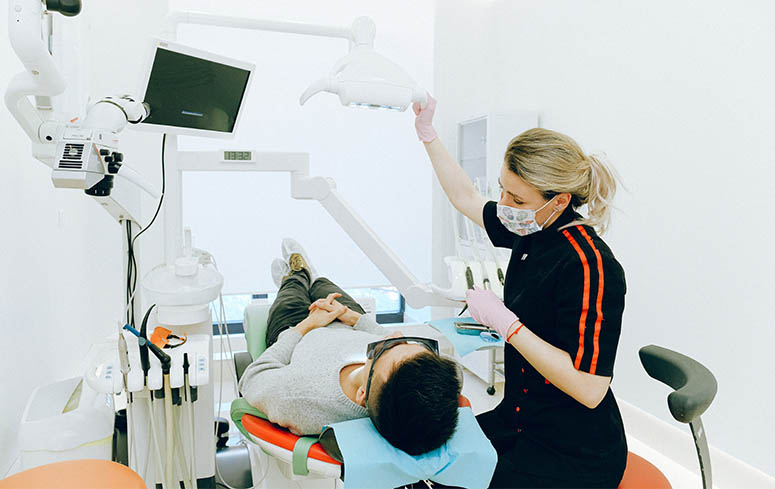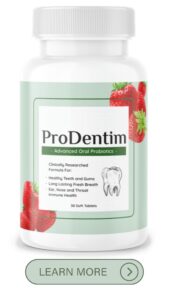Bad breath, or halitosis, is a common problem that affects millions of people worldwide. While it’s often considered a minor issue, it can cause significant social and psychological distress. In some cases, it may even be a sign of an underlying health condition. In this article, we’ll discuss the causes of bad breath and how to diagnose associated diseases.
What Are The Causes Of Bad Breath
There are many potential causes of bad breath, including:
- Poor Dental Hygiene: The most common cause of bad breath is poor dental hygiene. If you don’t brush and floss regularly, food particles can remain in your mouth, promoting bacterial growth, and leading to an unpleasant odor.
- Dry Mouth: A dry mouth can also lead to bad breath. Saliva helps to wash away food particles and bacteria in the mouth. When you have a dry mouth, this process is compromised, leading to an increase in bad bacteria and a corresponding increase in odor.
- Certain Foods and Drinks: Certain foods and drinks can cause temporary bad breath. Garlic, onions, coffee, and alcohol are some common culprits.
- Tobacco Products: Smoking or using other tobacco products can cause bad breath. These products can leave a lingering smell in your mouth and on your breath.
- Medications: Certain medications can also cause bad breath. For example, some medications used to treat depression, allergies, and high blood pressure can cause dry mouth, leading to an increase in bacteria.
- Medical Conditions: In some cases, bad breath may be a symptom of an underlying medical condition. For example, people with diabetes may have breath that smells fruity or sweet due to high levels of ketones in the blood. Other conditions that can cause bad breath include respiratory infections, liver disease, and kidney disease.

.
Bad Breath Underlaying Disease Diagnosis
If you’re concerned about your bad breath, your dentist or doctor can perform a physical examination to help diagnose any underlying health conditions. Here are some common tests that may be used:
- Oral Examination: Your dentist or dental hygienist will examine your mouth for signs of dental decay, gum disease, and other oral health problems that can cause bad breath.
- Breath Test: A breath test may be used to measure the amount of sulfur compounds in your breath. These compounds are often responsible for the odor associated with bad breath.
- Blood Tests: If your healthcare provider suspects that your bad breath is due to an underlying medical condition, they may order blood tests to check for signs of infection, diabetes, or other health problems.
- X-Rays: In some cases, X-rays may be used to check for signs of dental decay, gum disease, or other oral health problems that can cause bad breath.
- Saliva Test: A saliva test can be used to check for dry mouth and lack of beneficial bacteria. If you have a low level of saliva in your mouth, it may be contributing to your bad breath.
Bad Breath Treatment
The treatment of bad breath depends on the underlying cause. Here are some common treatments:
- Good Oral Hygiene: The most effective way to treat bad breath is to practice good oral hygiene. This includes brushing your teeth twice a day, flossing daily, and using mouthwash to kill bacteria in your mouth.
- Addressing Dry Mouth: If your bad breath is due to dry mouth, there are several things you can do to alleviate the problem. These include drinking more water, using a humidifier in your home, and avoiding alcohol and caffeine.
- Treating Underlying Medical Conditions: If your bad breath is due to an underlying medical condition, your healthcare provider will treat that condition to alleviate your symptoms.
- Quitting Tobacco Products: If you use tobacco products, quitting can help to alleviate your bad breath.
- Dietary Changes: If certain foods or drinks
- Dental Probiotics: Dental probiotics work by colonizing the oral cavity with beneficial bacteria that can help to crowd out harmful bacteria.
Dental Probiotic Treatment For Bad Breath
Probiotics are live bacteria and yeasts that are beneficial for the human body. They are commonly associated with digestive health, but research has shown that probiotics can also be beneficial for oral health. In fact, there is a growing body of evidence that supports the use of dental probiotics for improving oral hygiene and reducing bad breath.
Bad breath, or halitosis, is often caused by an overgrowth of bacteria in the mouth. This overgrowth can be due to poor oral hygiene, a dry mouth, or certain medical conditions. Dental probiotics work by introducing beneficial bacteria into the mouth, which can help to restore balance and reduce the growth of harmful bacteria.
Several studies have shown that using a dental probiotic can be effective for improving oral health and reducing bad breath. In one study, participants who used a probiotic mouthwash twice a day for two weeks had a significant reduction in the number of bacteria in their mouth, as well as a reduction in bad breath. Another study found that using a probiotic lozenge for two weeks resulted in a significant improvement in gum health.
Dental probiotics work by colonizing the oral cavity with beneficial bacteria that can help to crowd out harmful bacteria. They can also help to stimulate the immune system and promote a healthy balance of bacteria in the mouth. Probiotics can be particularly effective for individuals who have a history of antibiotic use, as antibiotics can disrupt the natural balance of bacteria in the mouth.
One of the key benefits of dental probiotics is that they are a natural and safe way to improve oral health. Unlike traditional mouthwashes and other oral care products, which often contain harsh chemicals, dental probiotics are made from natural ingredients and are gentle on the mouth. They are also easy to use and can be incorporated into your daily oral hygiene routine.
When choosing a dental probiotic, it’s important to look for a product that contains strains of bacteria that are specifically beneficial for oral health. Some of the most common strains found in dental probiotics include Streptococcus salivarius, Lactobacillus reuteri, and Bifidobacterium lactis. These strains have been shown to be effective for reducing bad breath, improving gum health, and preventing tooth decay.
In addition to using a dental probiotic, there are several other steps you can take to improve your oral hygiene and reduce bad breath. These include:
- Brushing and flossing regularly: Brush your teeth at least twice a day and floss daily to remove food particles and bacteria from your mouth.
- Drinking plenty of water: Drinking water can help to wash away bacteria and food particles in your mouth.
- Avoiding sugary and acidic foods: These foods can promote the growth of harmful bacteria in the mouth.
- Use Of a daily dental probiotic: Dental probiotics work by colonizing the oral cavity with beneficial bacteria that can help to crowd out harmful bacteria.
In conclusion, dental probiotics can be an effective and natural way to improve oral hygiene and reduce bad breath. By introducing beneficial bacteria into the mouth, dental probiotics can help to restore balance and reduce the growth of harmful bacteria. When used in conjunction with good oral hygiene practices, dental probiotics can be a valuable tool for maintaining healthy teeth and gums.














